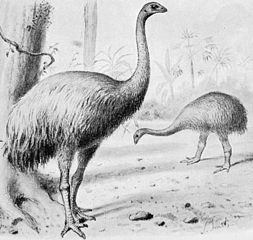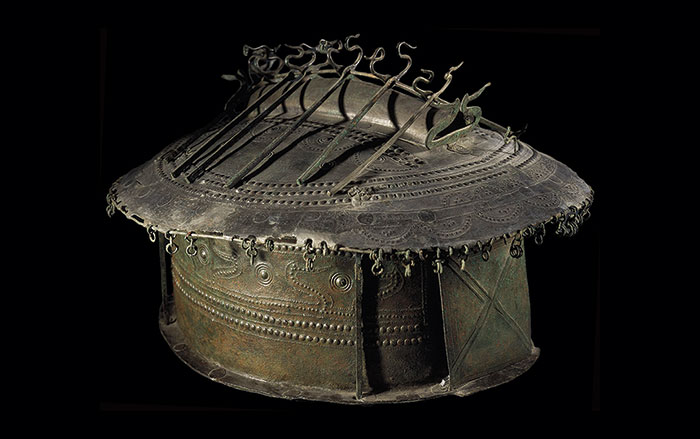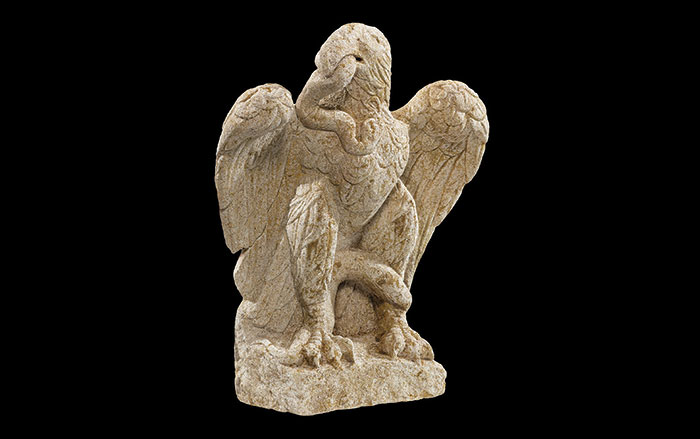
PERTH, AUSTRALIA—An international team of scientists has conducted a study of the genetic diversity of moa fossils spanning 4,000 years. Their results indicate that the large, flightless birds went extinct in the thirteenth century due to overhunting by humans, and not because a long, natural decline caused by disease and volcanic eruptions, as had been suggested. Mike Bunce from Australia’s Curtin University and Morten Allentoft of the University of Copenhagen found that the population of birds was stable until the arrival of Polynesians in New Zealand, and then they disappeared within 200 years. “You see heaps of the birds’ bones in archaeological sites. If you hunt animals at all their life stages, they will never have a chance,” Allentoft told Science Now.










